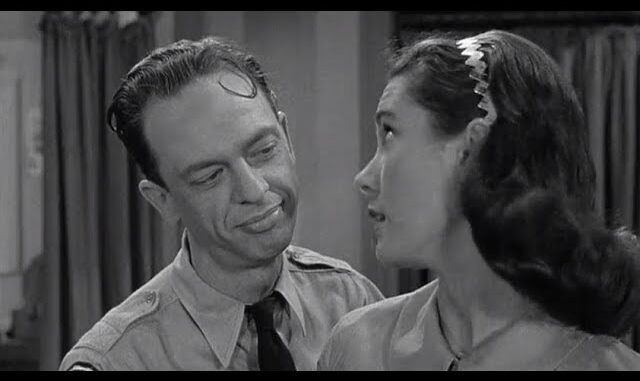
The world, for Elinor Donahue, had always been a meticulously organized place. Her days at Sterling & Sons, a venerable publishing house specializing in academic texts, unfolded with the rhythmic predictability of a well-oiled machine. Mornings began with the precise aroma of Earl Grey, followed by the systematic processing of manuscript submissions, the careful scheduling of editorial meetings, and the diligent tracking of production timelines. Elinor was good at it, exceptionally good. Her desk, a testament to her dedication, was a landscape of neatly stacked proofs and color-coded binders. Yet, beneath this veneer of competent tranquility, a quiet, almost imperceptible hum of unfulfilled possibility resonated within her. It wasn't discontent, exactly, more a sense of a life unfolding along a pre-ordained track, neat and respectable, but perhaps lacking a certain spark.
Then came the Tuesday that cleaved her life into a definite before and after. The phone, usually reserved for predictable calls from printers or authors, rang with an unfamiliar number. Elinor answered, expecting another query about font size or galley proofs. Instead, a voice, resonant and unfamiliar, introduced itself as Anya Sharma from "Global Voices Collective," a name Elinor had vaguely heard of in passing, associated with innovative social impact.
"Ms. Donahue," Anya began, "we've been following your work at Sterling & Sons, particularly your meticulous project management of the rare manuscript collections. We believe you possess a unique blend of organizational prowess and a deep respect for the power of words, and we have an opportunity we think might truly resonate with you, though it’s… unconventional."
The word "unconventional" hung in the air, a tiny, glittering hook catching Elinor’s attention. Anya went on to describe a nascent initiative: a global digital library for underserved communities, a project aimed at translating, digitizing, and distributing foundational texts and local narratives to places where physical books were scarce. They needed someone with her precise skills, her understanding of copyright and metadata, her ability to manage complex projects from conception to completion. But this wasn't about scholarly monographs; it was about empowering education, preserving endangered languages, and fostering cross-cultural understanding.
Elinor listened, utterly mesmerized. The hum of her office, the gentle clatter of keyboards, the familiar scent of old paper – all faded into the background. Here was a call not for another administrative task, but for a mission. It was a proposition so far removed from her carefully constructed world that it felt like a dispatch from another planet. Fear, cold and immediate, mingled with a strange, exhilarating rush. Leave her stable, predictable job? Venture into the chaotic, underfunded world of non-profits? The notion was absurd.
Yet, after Anya hung up, the silence in Elinor's office was no longer tranquil; it was deafening. The neatly stacked proofs suddenly seemed to mock her, embodying the very predictability she had tacitly accepted. She pictured the dusty tomes in the rare manuscript collection, revered but inert, and then imagined the vibrant, living words flowing into the hands of children thousands of miles away. The dichotomy was stark, the choice surprisingly clear. The hum of unfulfilled possibility had found its frequency.
The transition was, as Anya had warned, unconventional. Elinor traded her polished desk for a shared office teeming with passionate idealists, her quiet colleagues for a cacophony of diverse accents and urgent conversations. The initial days were a blur of new acronyms, unfamiliar technologies, and the humbling realization of how little she truly knew about the world beyond her well-bound books. There were moments of profound doubt, whispers from the familiar past urging her to retreat to the safety of Sterling & Sons. But then she’d see a photo of a community center in rural Mongolia, a group of children crowded around a tablet, eyes wide with discovery as they read a story in their own language, and Elinor would remember the purpose behind the chaos.
Slowly, meticulously, Elinor began to weave her unique brand of order into the fervent, sprawling initiative. Her project management skills, once applied to publishing schedules, now orchestrated the collaboration of linguists across continents, the development of robust digital platforms, and the navigation of complex international partnerships. She discovered a resilience she hadn't known she possessed, an adaptability that blossomed in the face of constant challenges. The precision that had defined her in her old life now served a grander, more immediate purpose.
The unexpected call had not just offered her a new job; it had offered her a new lens through which to view her own capabilities and the world itself. Elinor Donahue, the methodical editor, transformed into Elinor Donahue, the architect of a global bridge built with words. Her path, once a straight and predictable line, had taken an exhilarating, circuitous turn, proving that sometimes, the most profound alterations to our lives arrive not with a grand announcement, but with the quiet ring of a phone, carrying the improbable whisper of a future we never dared to imagine.